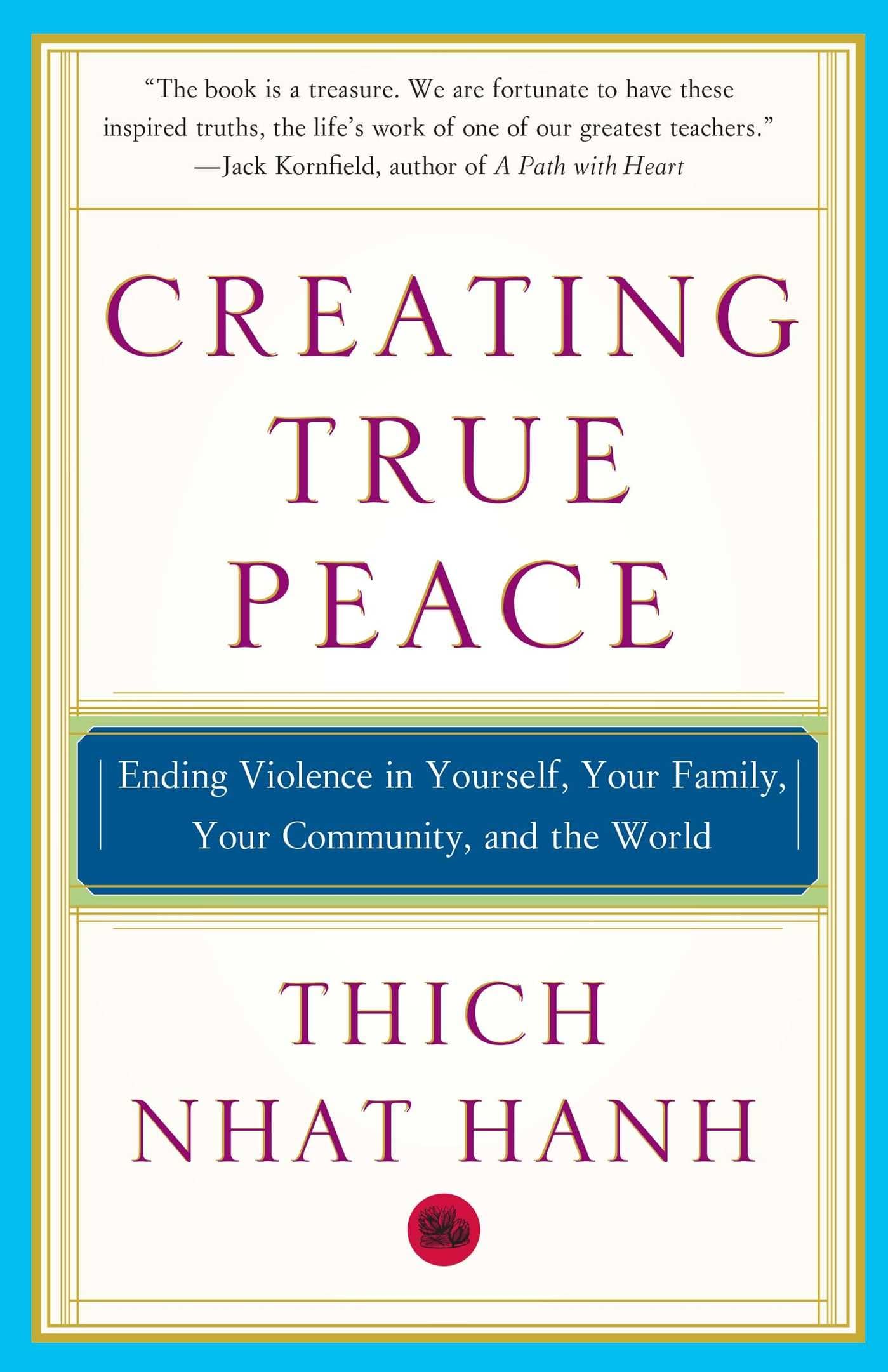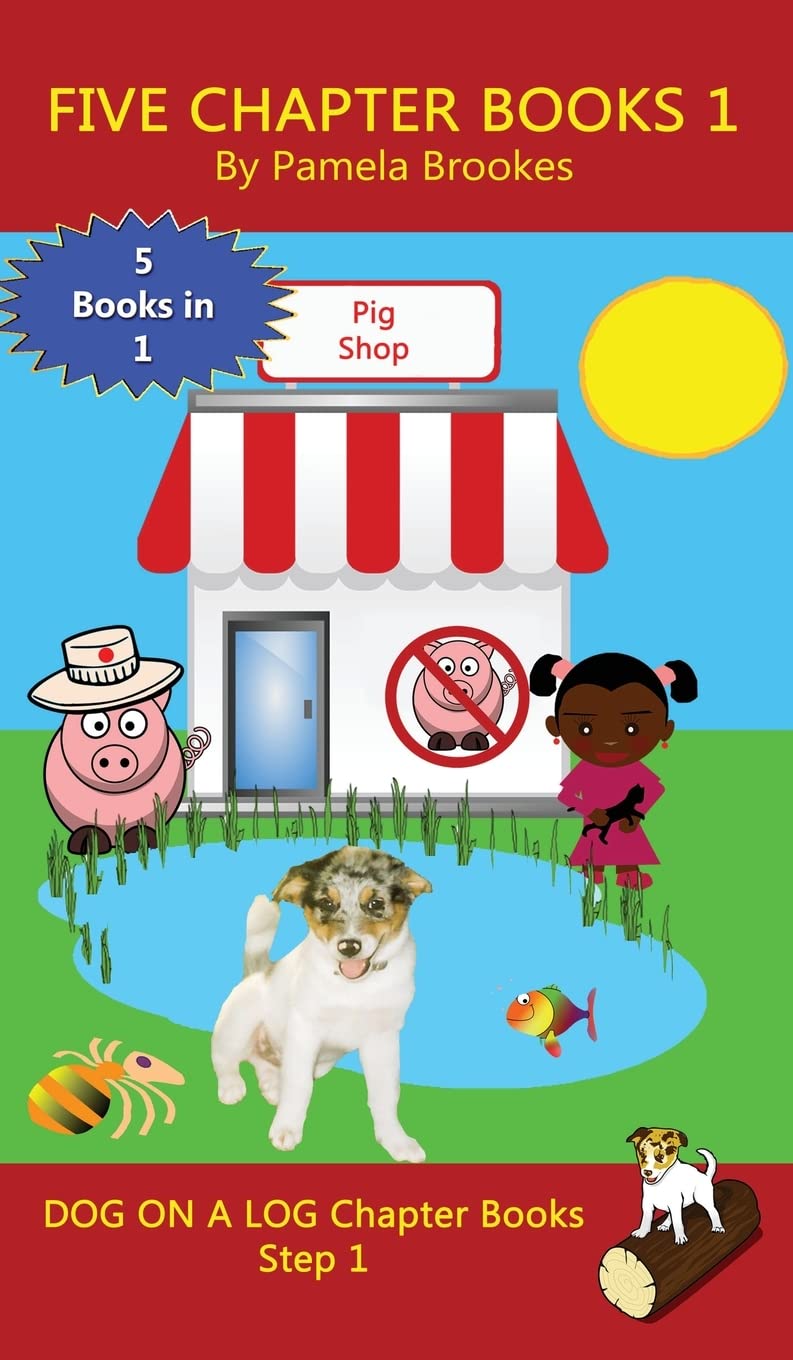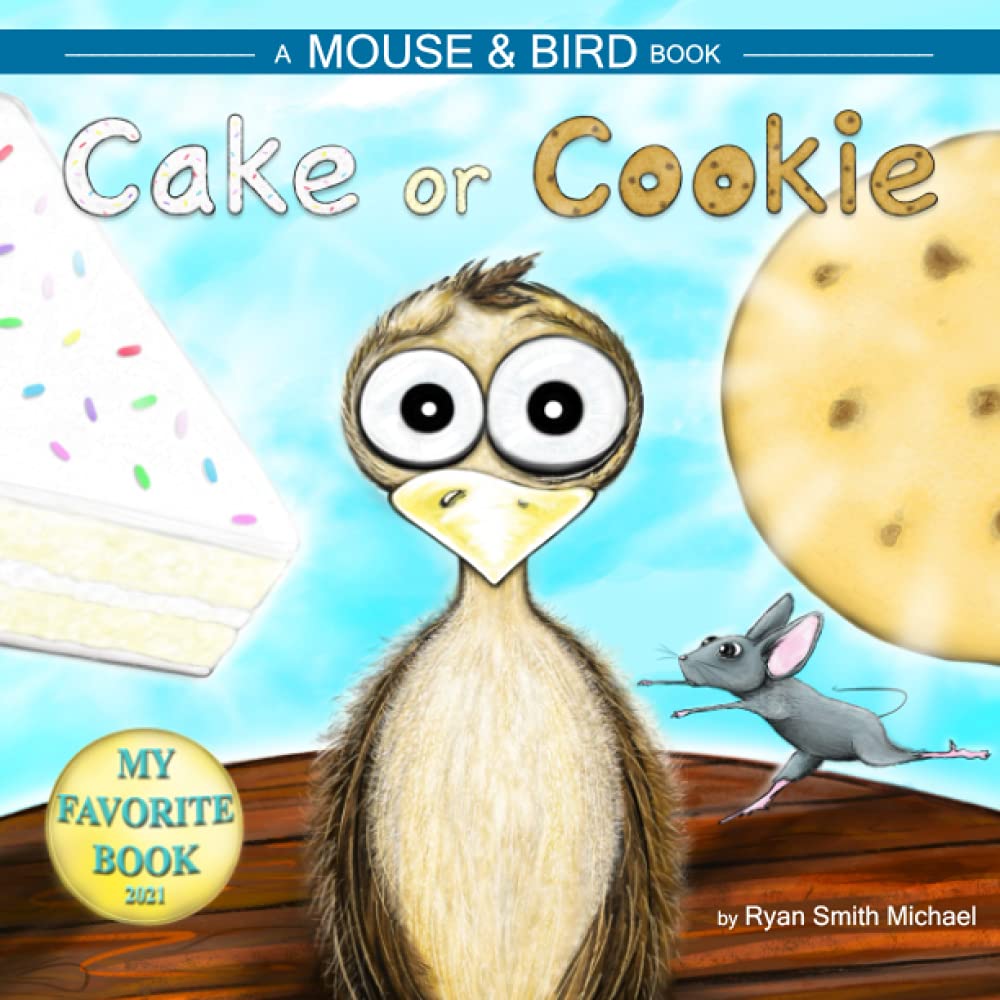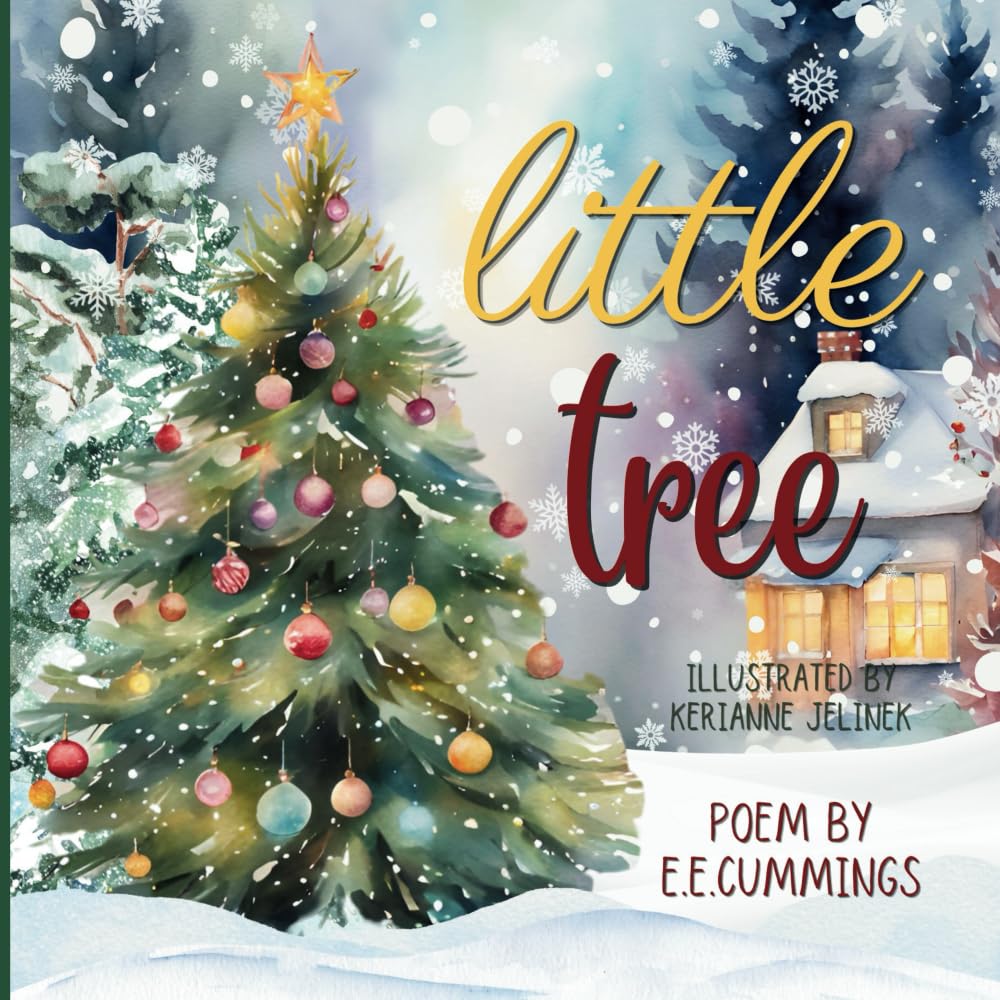Creating True Peace is both a profound work of spiritual guidance and a practical blueprint for peaceful inner change and global change. It is Thich Nhat Hanh's answer to our deep-rooted crisis of violence and our feelings of helplessness, victimization, and fear. As a world-renowned writer, scholar, spiritual leader, and Zen Buddhist monk, Thich Nhat Hanh was one of the most visible, revered activists for peace and Engaged Buddhism—the practice he created that combines mindful living and social action. Having lived through two wars in his native Vietnam, he works to prevent conflict of all kinds— from the internal violence of individual thoughts to interpersonal and international aggression. Now, in perhaps his most important work, Thich Nhat Hanh uses a beautiful blend of visionary insight, inspiring stories of peacemaking, and a combination of meditation practices and instruction to show us how to take Right Action. A book for people of all faiths, it is a magnum opus—a compendium of peace practices that can help anyone practice nonviolent thought and behavior, even in the midst of world upheaval. More than any of his previous books, Creating True Peace tells stories of Thich Nhat Hanh and his students practicing peace during wartime. These demonstrate that violence is an outmoded response we can no longer afford. The simple, but powerful daily actions and everyday interactions that Thich Nhat Hanh recommends can root out violence where it lives in our hearts and minds and help us discover the power to create peace at every level of life—personal, family, neighborhood, community, state, nation, and world. Whether dealing with extreme emotions and challenging situations or managing interpersonal and international conflicts, Thich Nhat Hanh relied on the 2,600-year-old traditional wisdom and scholarship of the Buddha, as well as other great scriptures. He teaches us to look more deeply into our thoughts and lives so that we can know what to do and what not to do to transform them into something better. With a combination of courage, sweetness, and candor, he tells us that we can make a difference; we are not helpless; we can create peace here and now. Creating True Peace shows us how. Thich Nhat Hanh (pronounced tik-not-hawn ) waas a world-renowned writer, scholar, spiritual leader, and Zen Buddhist monk. Since the age of sixteen, he was a Buddhist monk, a peace activist, and a seeker of the way. He survived three wars, persecution, and more than thirty years of exile from his native Vietnam, when he was banned by both the non-Communist and Communist governments for his role in undermining the violence he saw affecting his people. He was the master of one of the most prominent temples in Vietnam, and his lineage is traceable directly to the Buddha himself. A prolific author, Nhat Hanh has written more than one hundred books of philosophy, poetry, and fiction. Nhat Hanh lived in a monastic community in southwestern France that he founded, called Plum Village, recognized as the main inspiration for engaged Buddhism. He died in January 2022 at the age of 95. Creating True Peace Ending Violence in Yourself, Your Family, Your Community, and the World By Thich Nhat Hanh Free Press Copyright ©2004 Thich Nhat Hanh All right reserved. ISBN: 0743245202 Chapter One: What Is True Peace? True peace is always possible. Yet it requires strength and practice, particularly in times of great difficulty. To some, peace and nonviolence are synonymous with passivity and weakness. In truth, practicing peace and nonviolence is far from passive. To practice peace, to make peace alive in us, is to actively cultivate understanding, love, and compassion, even in the face of misperception and conflict. Practicing peace, especially in times of war, requires courage. All of us can practice nonviolence. We begin by recognizing that, in the depths of our consciousness, we have both the seeds of compassion and the seeds of violence. We become aware that our mind is like a garden that contains all kinds of seeds: seeds of understanding, seeds of forgiveness, seeds of mindfulness, and also seeds of ignorance, fear, and hatred. We realize that, at any given moment, we can behave with either violence or compassion, depending on the strength of these seeds within us. When the seeds of anger, violence, and fear are watered in us several times a day, they will grow stronger. Then we are unable to be happy, unable to accept ourselves; we suffer and we make those around us suffer. Yet when we know how to cultivate the seeds of love, compassion, and understanding in us every day, those seeds will become stronger, and the seeds of violence and hatred will become weaker and weaker. We know that if we water the seeds of anger, violence, and fear in us, we will lose our peace and our stability. We will suffer and we will make those around us suffer. But if we cultivate the seeds of compassion, we nourish peac













